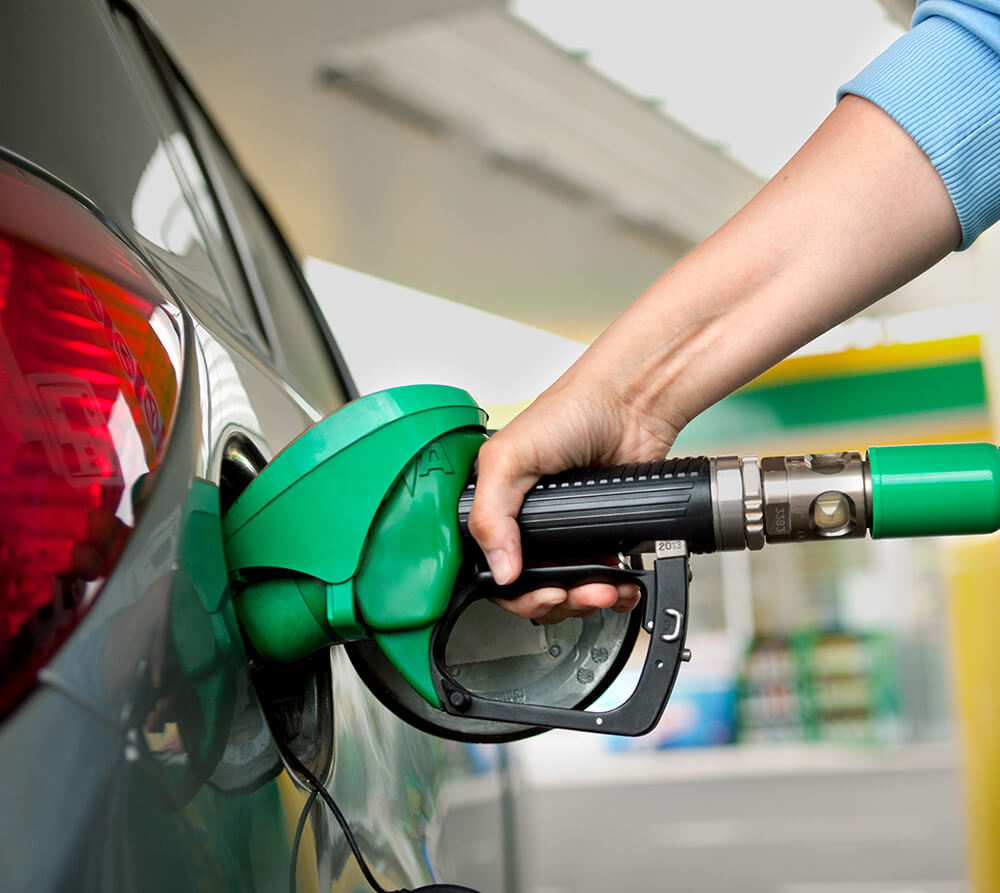Fueling Fresh Air with Ethanol
What Is Ethanol?
Ethanol. It’s Better.
Why Ethanol?
Learn MOre
Fueling fresh air
with ethanol
Today’s corn ethanol reduces greenhouse gas emissions (GHG) by 46% compared to gasoline. Ethanol is a cleaner, green fuel responsible for removing the carbon equivalent of 12 million from the road yearly (Renewable Fuels Association.) The increased use of ethanol, and higher blends, contributes to cleaner air, reducing toxic emissions of smog and other ultra-fine particles by up to 50% (Growth Energy.)
Better For
Your Vehicle
Biofuels are more efficient because they burn cleaner than gasoline, meaning higher performance for your car’s engine. Higher ethanol blends provide a more efficient option as they can save on more trips to the pump and costly mechanic bills for fuel-related engine problems.
More
Affordable
Ethanol is not only less expensive than petroleum-based gasoline, but it also reduces the consumption of it. Consumer can save up to a $1 or more on higher blends such as E85 compared to non-ethanol gasoline.
Better For
Our Community
Increases Our
Energy Independence
Ethanol Facts
Learn More
— Boosts Octane? TRUE
The higher the octane, the greater the torque, power and efficiency. With a 113 octane rating , ethanol is the highest-rated performance fuel in the market and keeps today’s engines running smoothly.
— Keeps fuel systems clean? TRUE
— Prevents wintertime problems? TRUE
— Clean, affordable fuel? TRUE
- Carbon monoxide
- Exhaust hydrocarbons
- Benzene
- Toxics
- Fine particulate matter
— Helps reduce climate change-related emissions? TRUE

Fun Fact
Ethanol is utilized by professional racers, NASCAR, lndyCar Series and American Le Mans. Several teams in high-profile national and international racing competitions use ethanol blends like E15, E85, and even E98 because of its high octane and exceptional performance.
EthanolApproved by
Engine Manufacturers
© 2025 Renewable Fuels Association. All Rights Reserved.
What about boat engines?
All major marine engine manufacturers, including Honda, Kawasaki, and Mercury Marine, approve the use of E 10 in their products. E 10 is, in fact, the fuel preferred by the National Boat Racing Association.
What about classic cars?
Classic cars represent just a fraction of vehicles on the road today. 1,500 hours of durability testing show that with proper maintenance, E 10 can be used in classic autos.
What about small engines like lawnmowers and weed eaters?
All major manufacturers of small engines and outdoor power equipment approve the use of E 10.
What about motorcycle engines?
E10 is approved by all major motorcycle engine manufacturers. For decades, E10 has been used by motorcyclists as a safe and cost saving alternative to pure gasoline.
What about higher-level blends?
What about E15?
More than three-fourths of new vehicles are manufacturer-approved to use E15. EPA allows the use of E15 in vehicles built since 2001.






